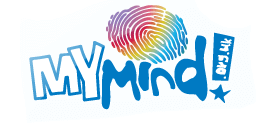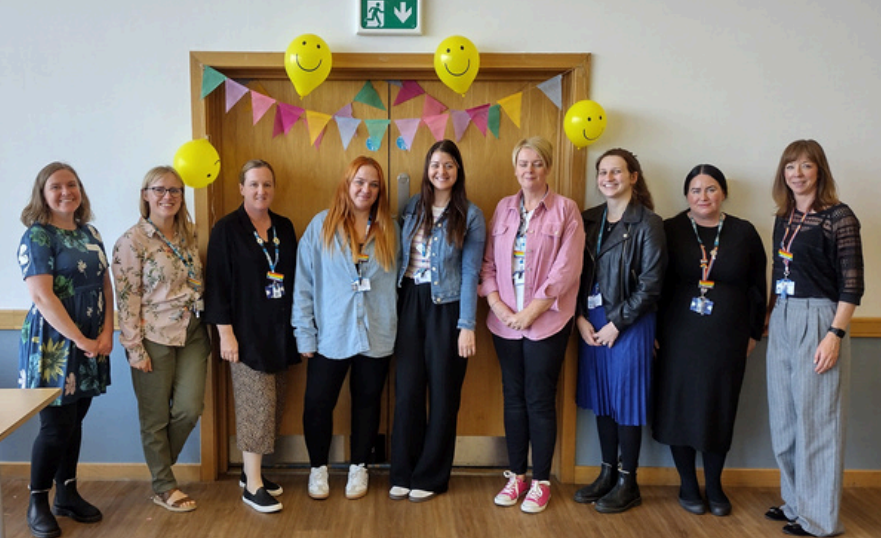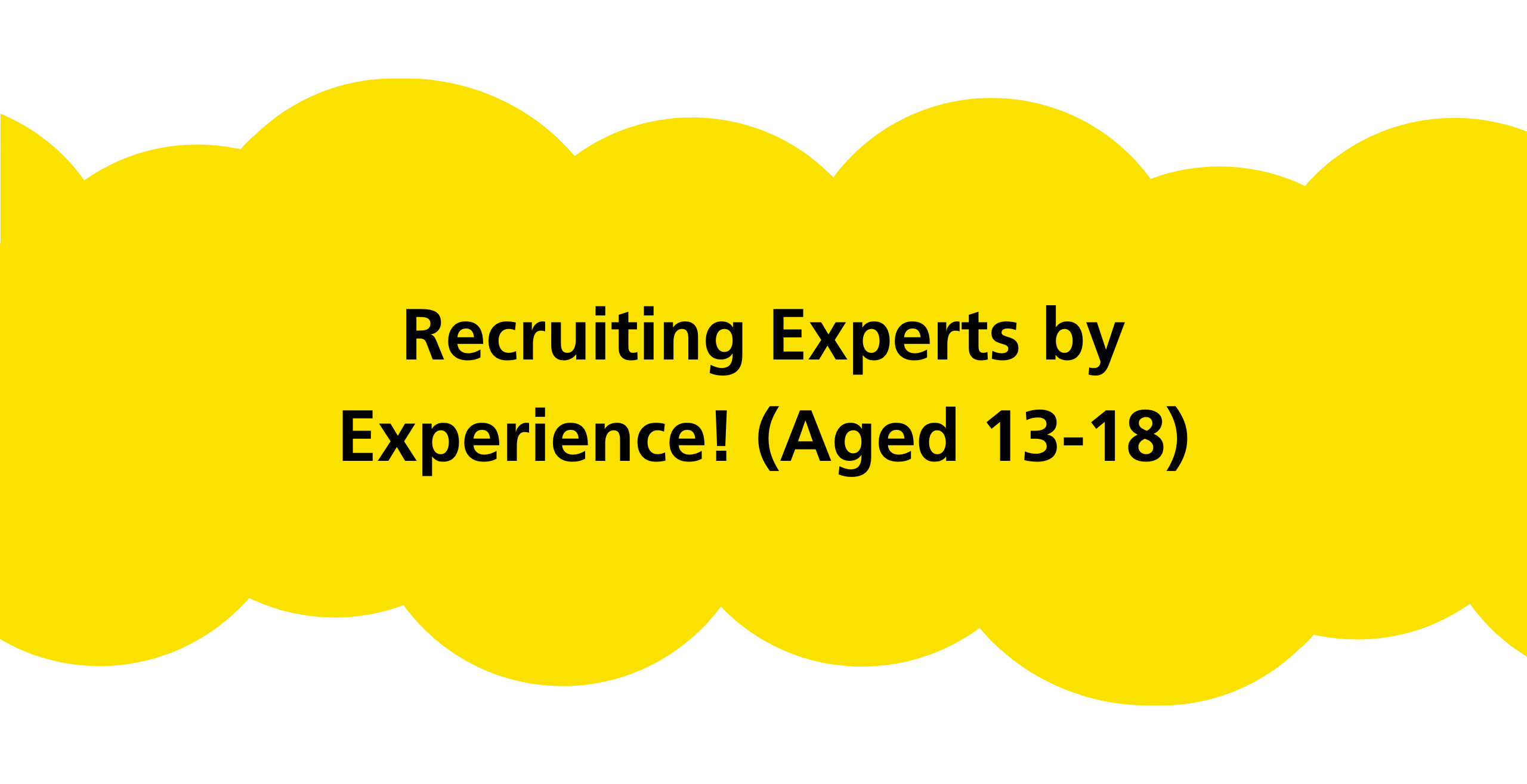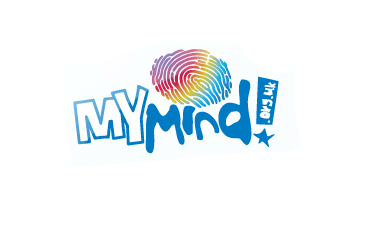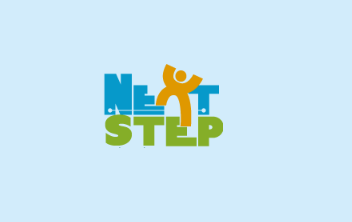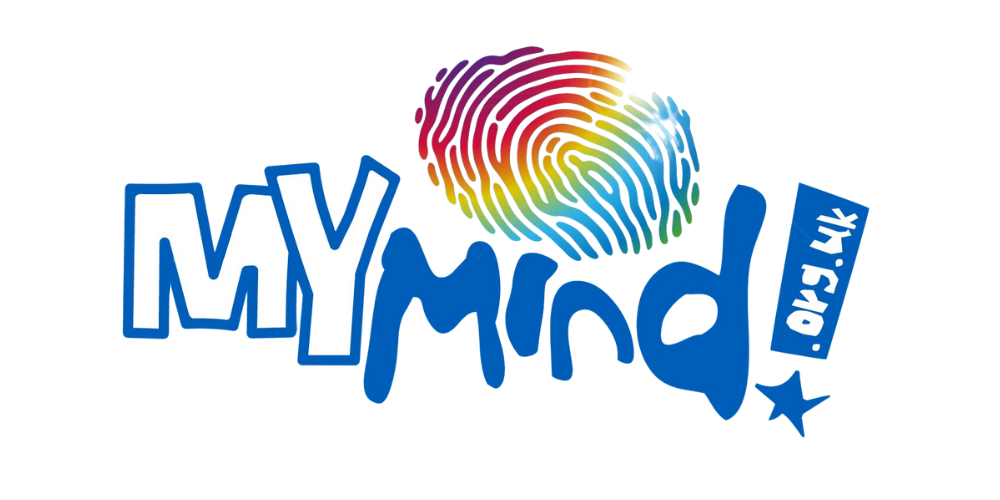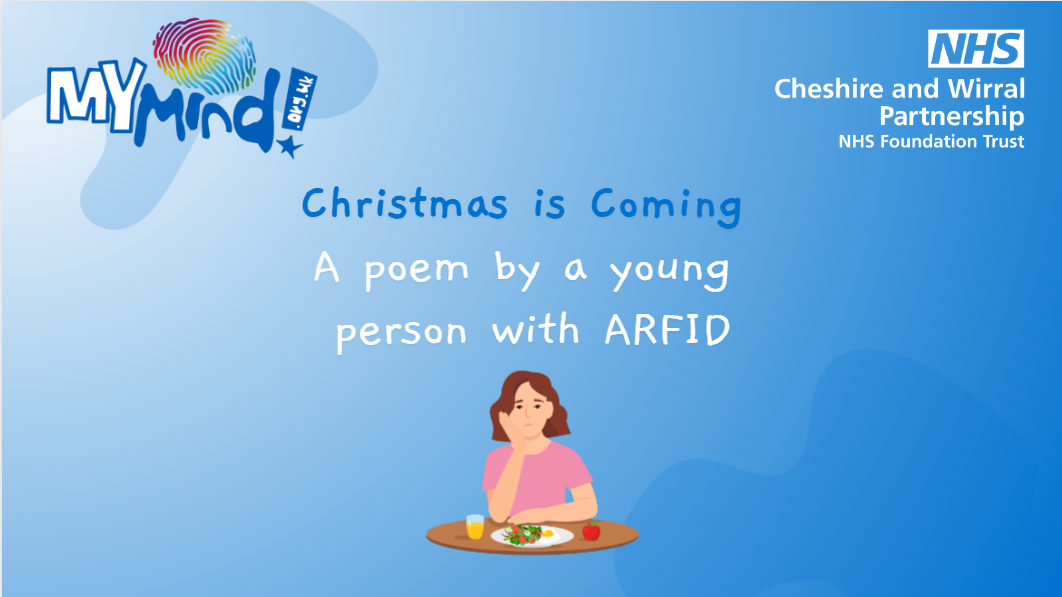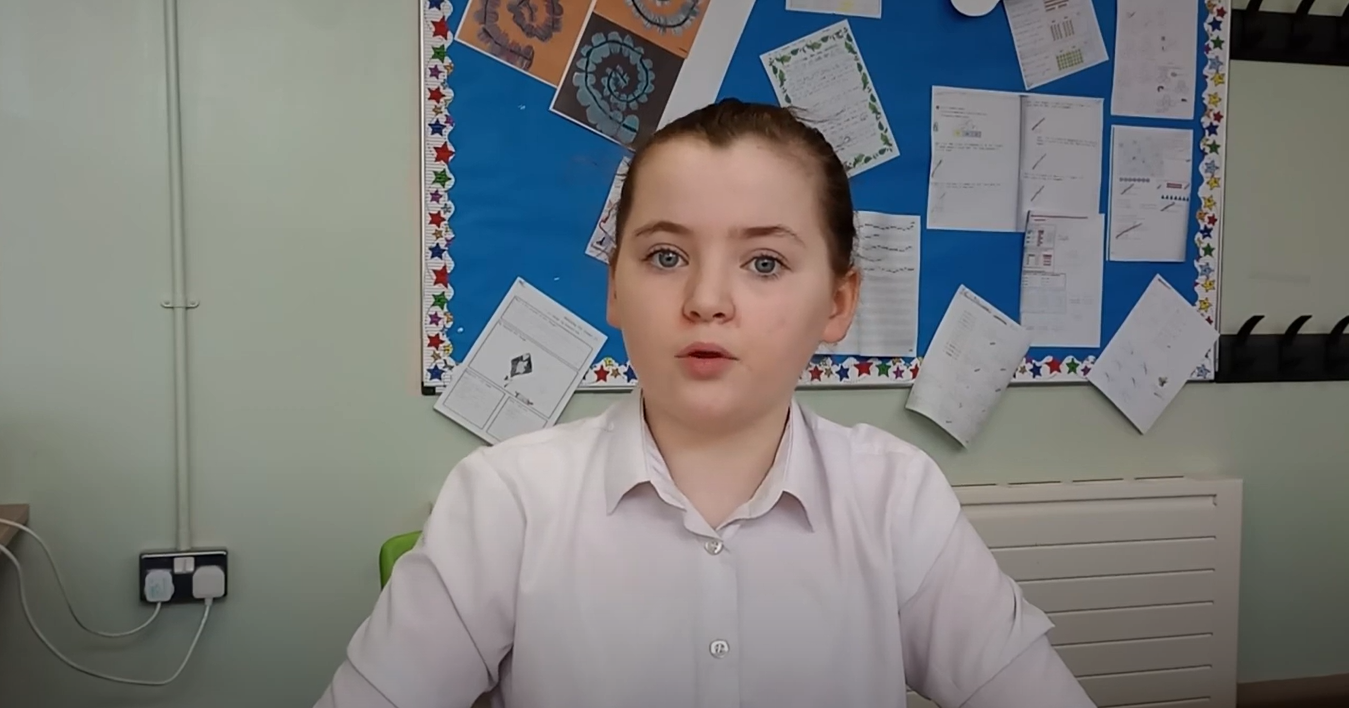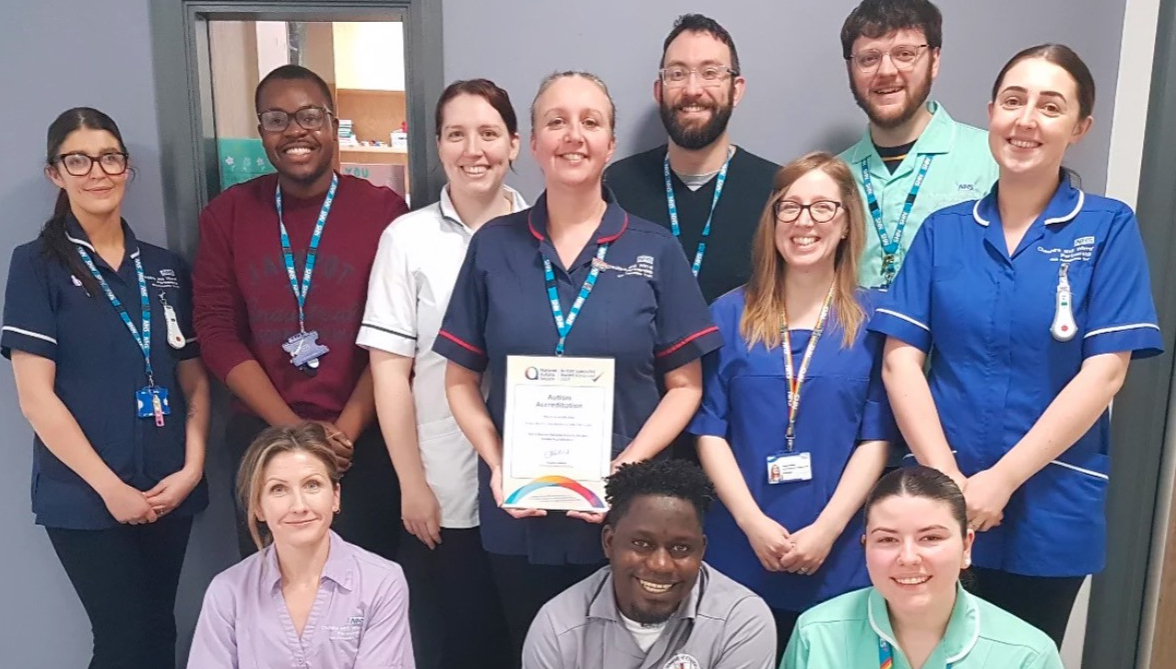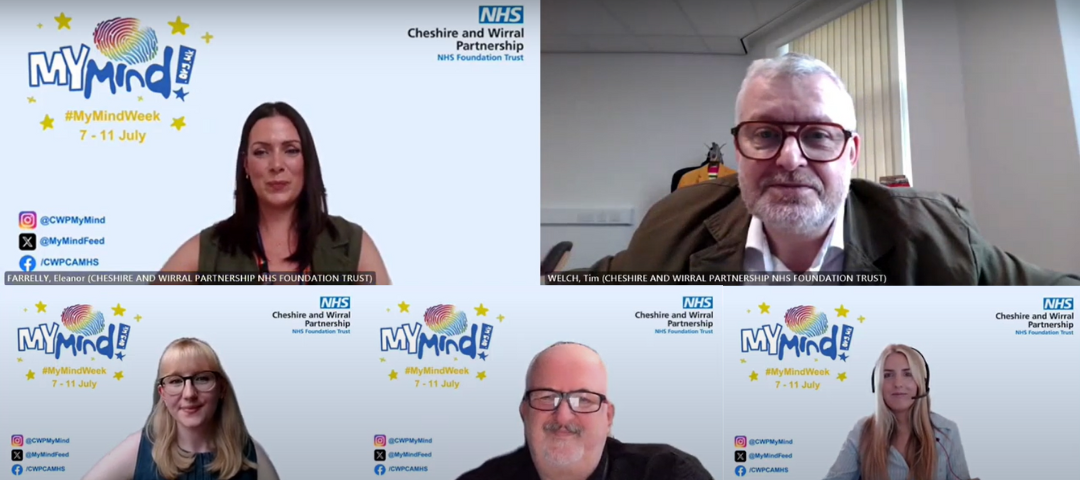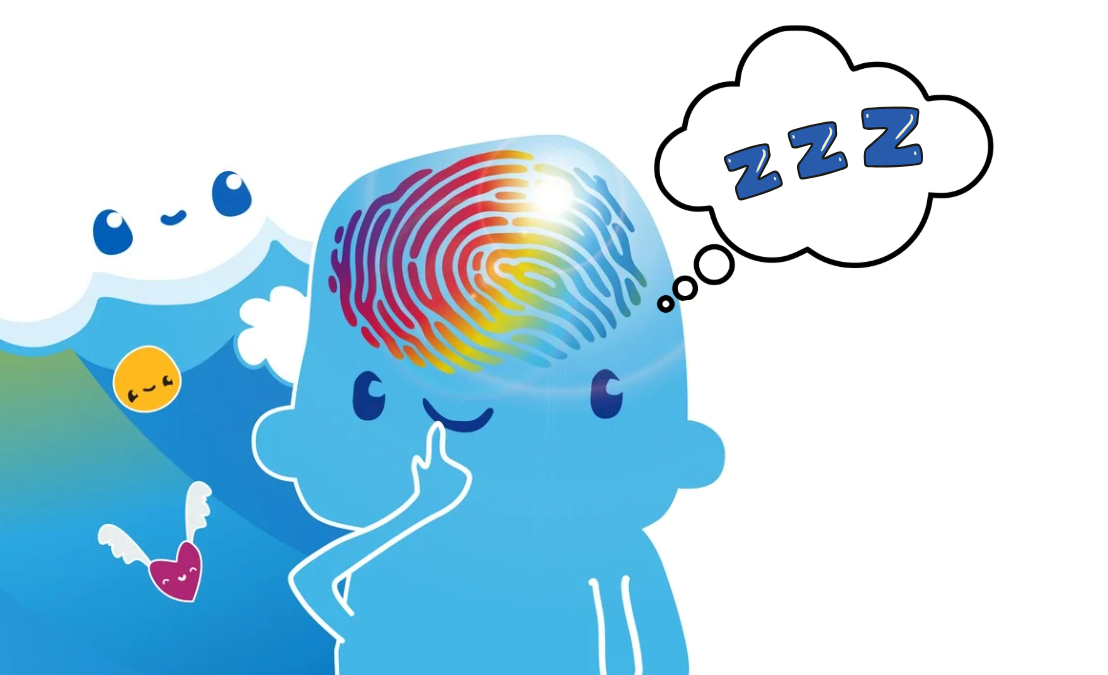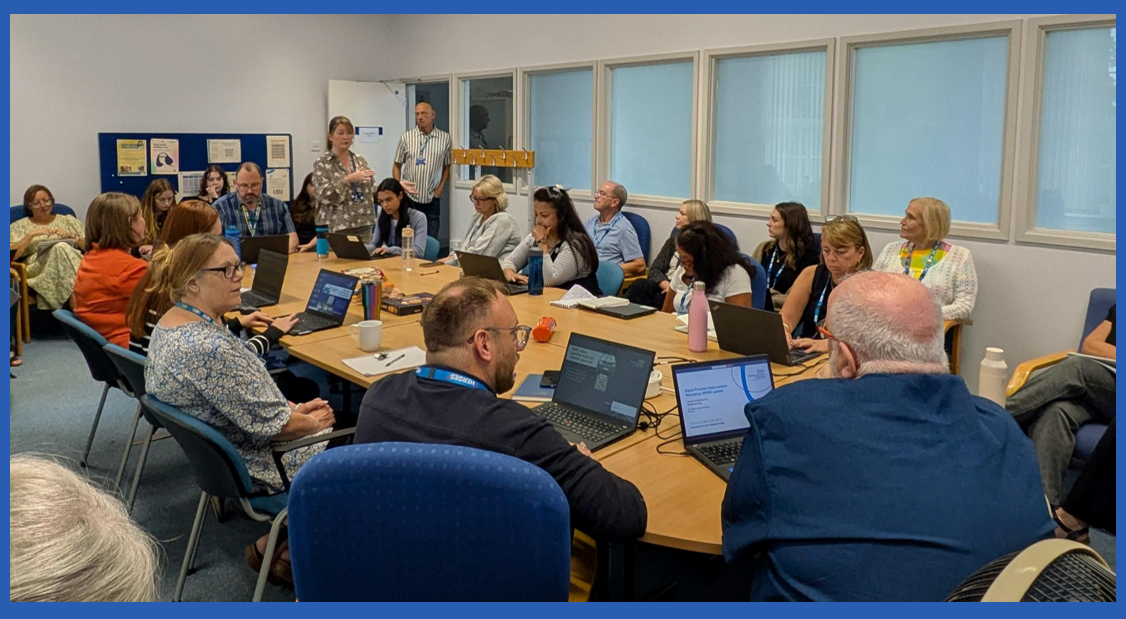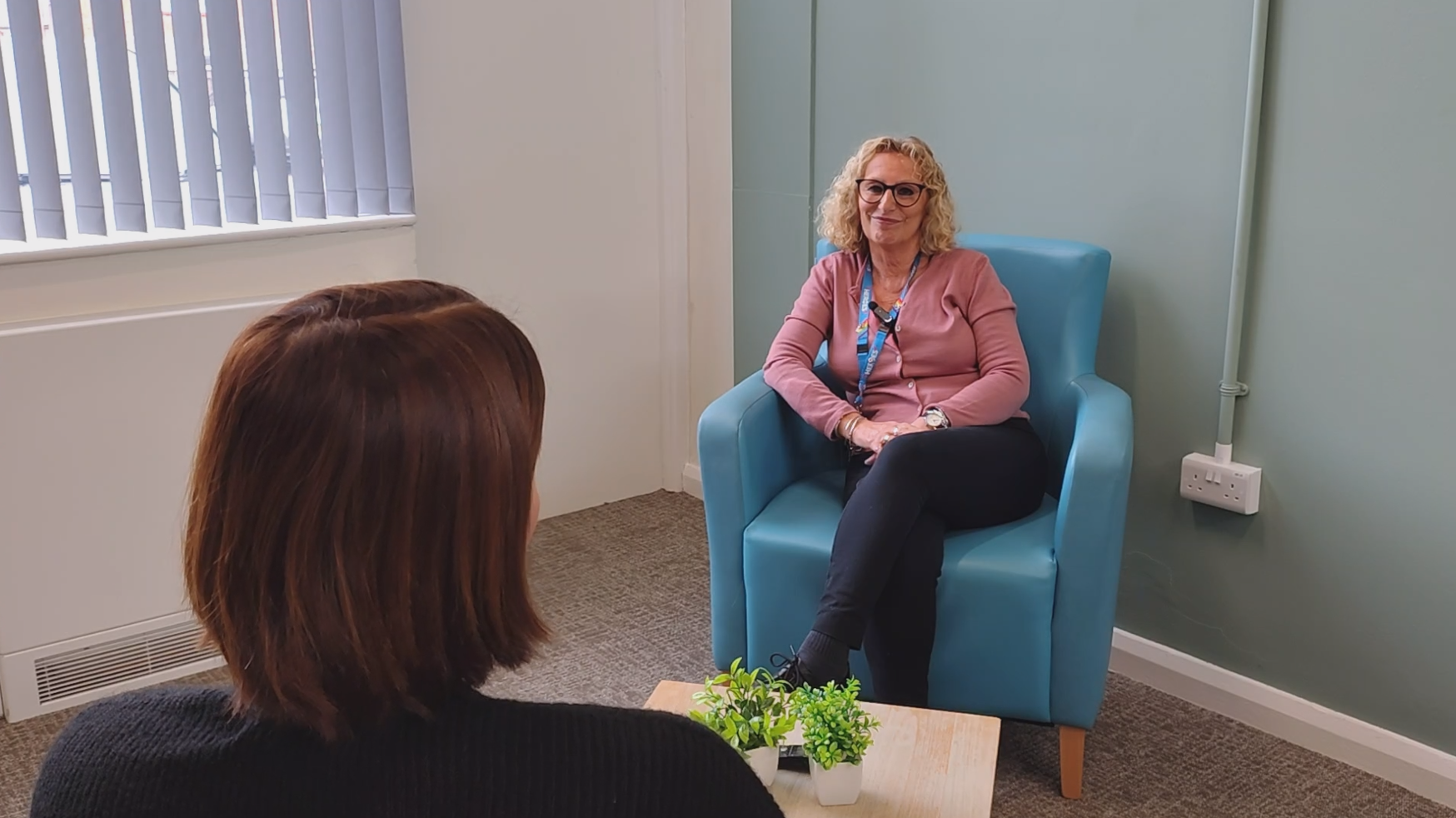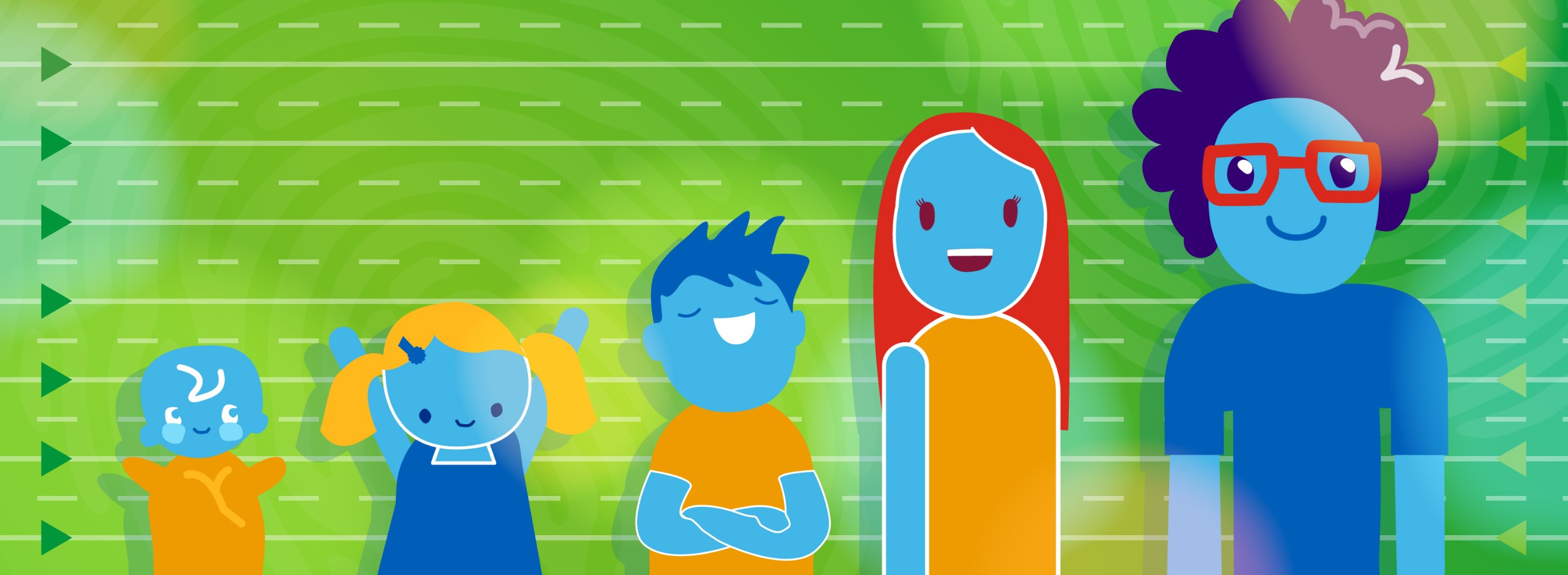A Real Update on ADHD Pathways – Listening, Learning, and Taking Action
We know that many families are frustrated - and rightly so.
The waiting times for ADHD assessments have been far too long, and the post-diagnostic support can feel confusing or even non-existent. As parents and carers, you’ve told us this clearly, and we want to be honest: we hear you, and we agree that things must improve.
This update is about what’s being done right now to make the ADHD journey better, from the first referral through to post-diagnostic support. It’s not perfect yet, but real work is happening behind the scenes, shaped by your voices.
What Parents Told Us
Over recent months, we’ve been listening through our Participation & Engagement (P&E) feedback, conversations at Space4Autism, and through our scoping exercise exploring what families find useful.
Parents have asked for:
• Clearer communication throughout the process.
• Reduced waiting times, especially at triage.
• Support while waiting, including help with school challenges and managing behaviour at home.
• Easier-to-understand letters — plain language, clear next steps.
• Post-diagnostic support that is practical, local, and joined-up with schools and health services.
We know that waiting, especially when your child is struggling, can be incredibly hard. That anger and exhaustion are valid - and it’s fuelling our drive to fix this.
Reducing Waits and Improving Triage
The number of young people waiting at triage has already dropped from 300–400 to around 70–80.
This has been achieved by:
• Streamlining referral processes.
• Prioritising urgent cases.
• Using the clinical system waiting lists to ensure transparency (a new digital dashboard is being developed to support this).
We have heard that families need to receive updates in different ways depending upon their access to, and confidence with, computers. We’re therefore also making sure families can still receive updates - by phone, letter, or face-to-face contact, not just through online portals.
Clearer Communication
We’ve reviewed all our outcome letters to make sure next steps are clear and jargon-free. We’re testing new formats with parents before wider rollout.
We’ve also spoken with Space4Autism about feedback that some young people were unable to access their services. That feedback has been shared with commissioners so we can work together on more accessible options.
Working with Schools
We know that schools are often key in supporting children both pre and post-diagnosis. We’re developing a psychosocial support pathway focused on:
• Helping schools understand ADHD and their reasonable adjustment duties.
• Providing liaison sessions between clinical teams and education staff.
• Introducing outcome measures to track real-world progress - not just diagnosis.
Sleep and Wellbeing
Sleep difficulties are one of the biggest concerns raised by families.
Our updated sleep letter now forms part of the new pathway and gives clearer, evidence-based advice that parents and schools can use straight away.
We will add this information to the MyMind ADHD and Autism page so families can access it easily without waiting for appointments.
Pre-Assessment & Data Improvements
We’re introducing safe, digital ways to collect pre-assessment questionnaires while ensuring confidentiality and data governance.
Clinicians are also being trained (session on 5th November) to record disabilities correctly on the clinical system, which will help us understand needs more accurately across Cheshire and Merseyside.
We’re developing a “How-To” guide so that all clinical activity is recorded consistently and transparently.
Admin and Referral Improvements
We’re redesigning the MyMind referral form in line with the new “This Is Me / Neurodiversity Profiling Tool”, which will help capture children’s strengths and challenges early.
Importantly, this will not replace referrals but enhance them — making the process simpler and ensuring the right questions are asked from the start.
A referral form focus group (including parents) will be set up once the Cheshire and Merseyside pathway information is finalised. We’ll also explore whether separate referral forms for assessment and post-diagnostic/medication reviews would make things clearer.
Find out more about the profiling tool here
MAP Analysis and Governance
Following a full review of the MAP (Multi-Agency Panel) referral triage process, we’ve identified positives such as better shared understanding between agencies. However, we’re still too reliant on information from outside CWP. We’re working on improving that balance so that decisions can be made more efficiently and fairly.
The Neurodiversity Stratification Tool has been reviewed — clinicians have suggested more practical ways to rate referrals based on complexity and urgency. This will eventually allow us to show (via dashboard) exactly how many red, amber, and green cases are waiting, and for how long - data that can be used to monitor equity and demand.
What Happens Next
• Launch of outcome tracking within post-diagnostic support.
• Parent & Carer feedback survey to directly shape the psychosocial offer.
• Referral form focus group in partnership with families and education.
• Updated information added to MyMind ADHD and Autism page including the sleep resources.
• Continued triage work to reduce waiting times further.
A Final Word
We know this isn’t “fixed.”
But progress is happening — real, measured, parent-informed progress.
We want to keep this conversation going. If you’re a parent or carer affected by ADHD pathway delays, please look out for our upcoming questionnaire, or contact us via MyMind to share your views.
We will keep being transparent, even when the answers aren’t perfect. Because your voices matter, and your experiences are shaping what comes next.
Claire Evans – claire.
Catherine Rudd – catherine.
P&E email - cwp.
If you’d like to stay further informed online, please visit their page on the MyMind website Get involved :: Cheshire and Wirral Partnership NHS Foundation Trust or look out for our upcoming newsletter which will be sent out to everyone on the current waitlist.
Kind Regards,
Robbie Wade-Owen
Deputy Head of Clinical Services
Cheshire CYPF (Cheshire, Young People, and Families) Care Group
